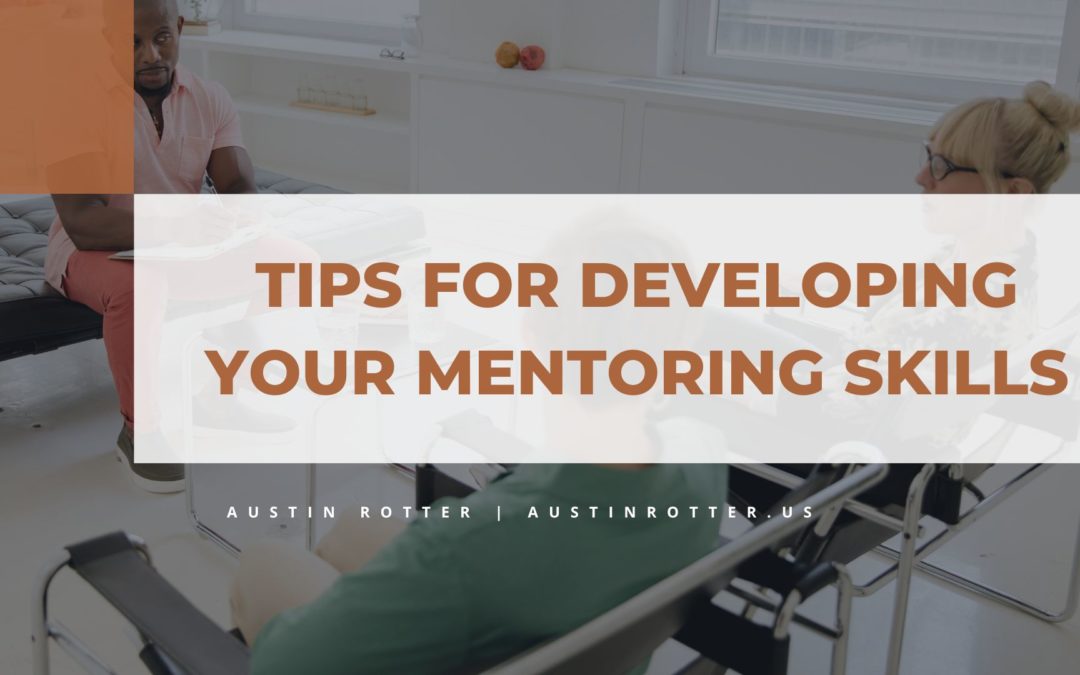A mentor is a person who helps a less experienced individual improve their skills and confidence. They also advise on the more common aspects of professional life. Mentoring aims to transfer leadership and knowledge skills to the mentee. This process can take practice, and mentors must be willing to let mentees make mistakes. Here are some tips on how to develop your own mentoring skills.
Healthy Communication
Your mentee should have the final say regarding their career path. You should refrain from getting too involved in their plan and make them feel like they have no control over their own future. Also, ensure they are comfortable talking to you about their goals and feelings.
You should also target your approach to ensure you can provide the best possible advice. For instance, you can help an individual going through the same difficulties as you were. Or you can give them opportunities they may not have had access to otherwise.
Constructive Feedback
Although you don’t want to offend or judge your mentee, you should still refrain from filtering your feedback. Instead, you can use various methods to deliver criticism without directly criticizing them. One of these is sharing your experience so your mentee can learn from it.
When addressing your concerns, be tactful and diplomatic. Instead of focusing only on the mentee’s shortcomings or mistakes, highlight their strengths and provide advice to help them improve.
Incorporate Empathy
You should be able to relate to and understand the feelings and perspectives of your mentee. If they’re feeling down, you should help them get through it by encouraging them and showing them that there is still hope.
Although you may not believe that empathy is a skill that can be taught, practicing it can help you reach higher levels. This can be done through various methods, such as being curious about other people, listening more, and learning to break false stereotypes.
Stepping Back
It’s tempting to get behind the wheel while your mentee rides shotgun because you know better. But this is not the way your relationship should work. As a mentor, you aim to help your mentee develop their skills and confidence.
The ability to think critically on the spot is a vital skill that your mentee will need to develop with you. There are many terms for this skill, like creativity or common sense, and it can be described as being able to solve problems on your own. As a mentor, your role is to help them develop these abilities.
